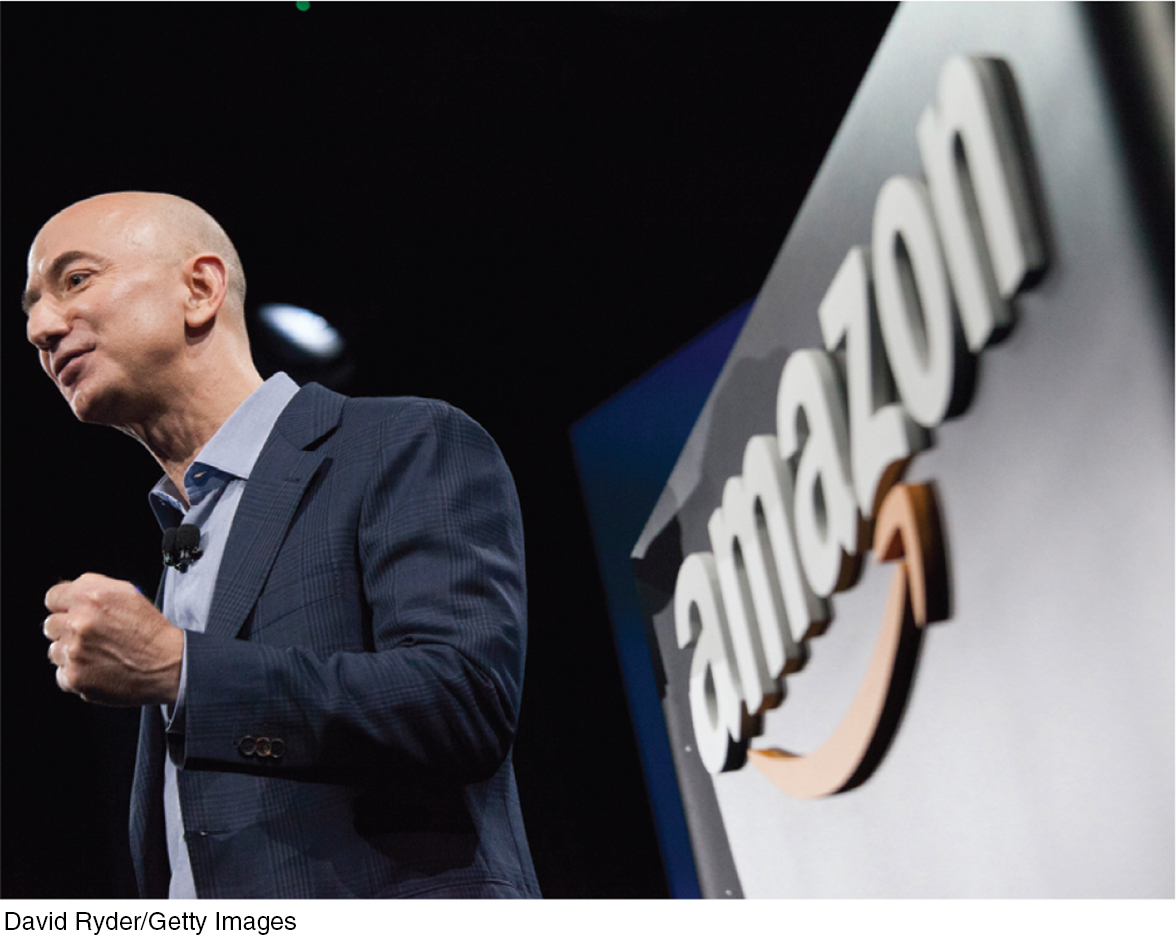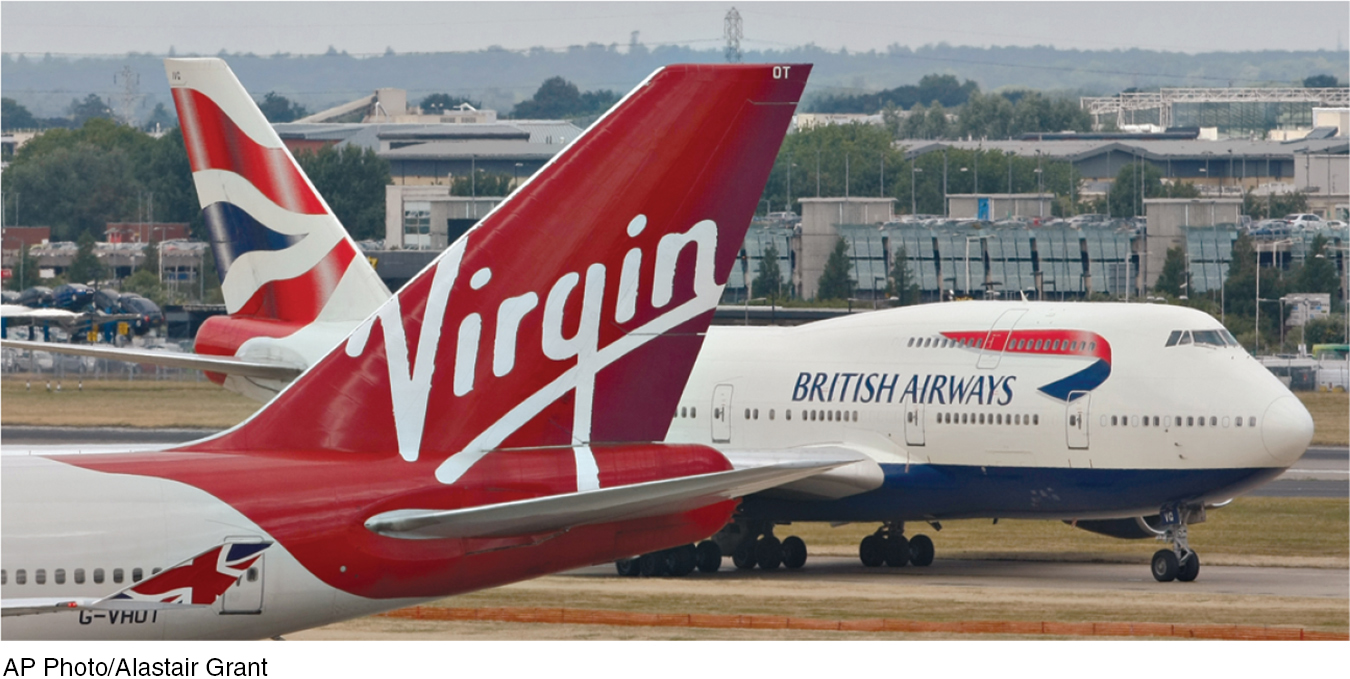9.8 Business Case
284
BUSINESS CASE
BUSINESS CASE
Amazon and Hachette Go to War
In May 2014, all-
All publishers pay retailers a share of sales prices. What set off hostilities in this case was Amazon’s demand that Hachette raise Amazon’s share from 30 to 50%. This was a familiar story: Amazon has demanded ever-
Amazon claimed that the publisher could pay more out of its profit margin—

Meanwhile Amazon had other problems, announcing in July 2014 that it lost $800 million in the previous quarter. At the time, after 20 years in existence, Amazon had never made a profit, and investors were growing impatient.
For several months, Amazon was also in a public relations battle with Authors United, a group of over 900 best-
In November 2014, Hachette and Amazon arrived at a settlement that ended their dispute. Hachette won the right to set prices for its e-
QUESTIONS FOR THOUGHT
What is the source of surplus in this industry? Who generates it? How is it divided among the various agents (author, publisher, and retailer)?
What are the various sources of market power here? What is at risk for the various parties?
285
BUSINESS CASE
BUSINESS CASE
Virgin Atlantic Blows the Whistle … or Blows It?
The United Kingdom is home to two long-
The rivalry between the two has ranged from relatively peaceable to openly hostile over the years. In the 1990s, British Airways lost a court case alleging it had engaged in “dirty tricks” to drive Virgin out of business. In April 2010, however, British Airways may well have wondered if the tables had been turned.

It all began in 2004, when oil prices were rising. British prosecutors alleged that the two airlines had plotted to levy fuel surcharges on passengers. For the next two years, according to the prosecutors, the rivals had established a cartel through which they coordinated increases in surcharges. British Airways first introduced a £5 ($8.25) surcharge on long-
Eventually, three Virgin executives blew the whistle in exchange for immunity from prosecution. British Airways immediately suspended its executives under suspicion and paid fines of nearly $500 million to U.S. and U.K. authorities. And in 2010 four British Airways executives were prosecuted by British authorities for their alleged role in the conspiracy.
The lawyers for the executives argued that although the two airlines had swapped information, this was not proof of a criminal conspiracy. In fact, they argued, Virgin was so fearful of American regulators that it had admitted to criminal behavior before confirming that it had actually committed an offense. One of the defense lawyers argued that because U.S. laws against anti-
In late 2011 the case came to a shocking end for Virgin Atlantic and U.K. authorities. Citing e-
QUESTIONS FOR THOUGHT
Explain why Virgin Atlantic and British Airlines might collude in response to increased oil prices. Was the market conducive to collusion or not?
How would you determine whether illegal behavior actually occurred? What might explain these events other than illegal behavior?
Explain the dilemma facing the two airlines as well as their individual executives.